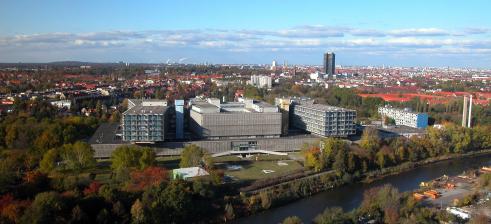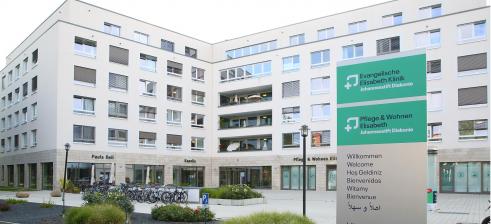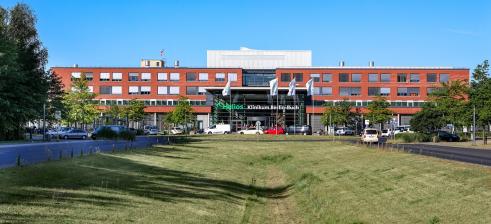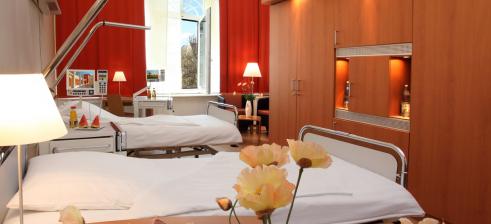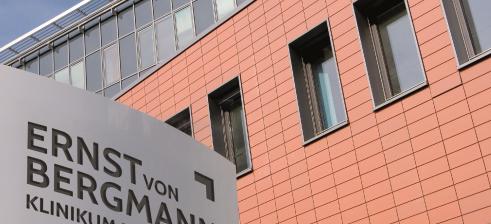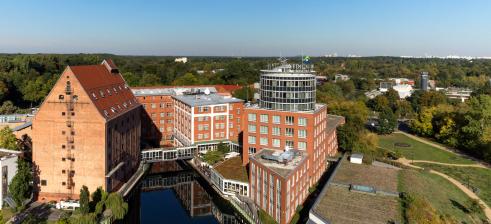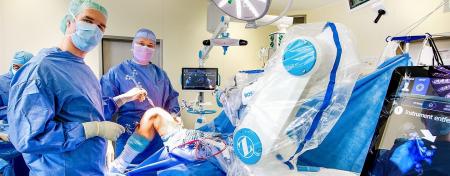Prevention and Diagnostics in Berlin
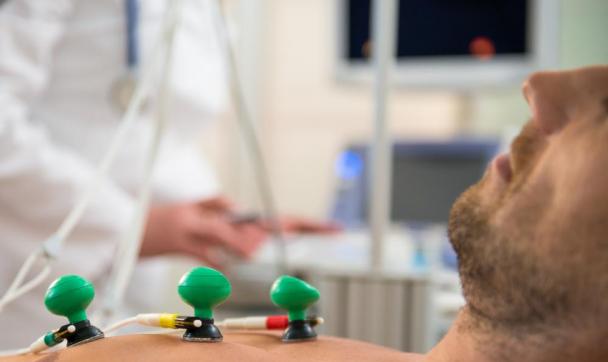
A medical diagnosis aims to analyse a patient’s manifest complaints, subjective concerns and familial dispositions. A professional diagnosis includes a detailed discussion of the patient’s medical history, a comprehensive physical examination, and other equipment-based tests. In many cases the diagnosis is the first step, allowing a treatment plan to be compiled and a hospital stay prepared.
While many diagnostic procedures can be performed on an ambulatory basis, invasive measures require a hospital stay. In some cases, it may make sense for a patient to be admitted as an inpatient so that several analyses can be carried out on consecutive days. To reduce travel and waiting times, many hospitals offer inpatient diagnostic services for the patient’s convenience.
Diagnostics can also be part and parcel of preventive medicine. From the age of 55, for example, German health insurance companies will pay for patients to undergo a colonoscopy and for a general medical check-up every two years. The aim is to detect common conditions such as cardiovascular diseases, renal disorders or diabetes at an early stage. Exercise, a healthy diet and measures designed to reduce stress can also play an important part in combating the causes of some diseases. The attending doctor summarizes the examination findings in an easily comprehensible report and gives the patient specific recommendations and advice.
Hospitals and doctors' surgeries
14 results
Comprehensive medical care

Your Checklist – for a pleasant stay
-
1 Preparations
Describe your concerns and send the necessary documents to the hospital.
-
2 Relevant documents
Inform yourself about your medical visa and select all documents.
-
3 Stay
Inform yourself in time about your hospital and a appropriate accommodation.
-
4 After discharge
Verify if you will need a medication or further treatment.

